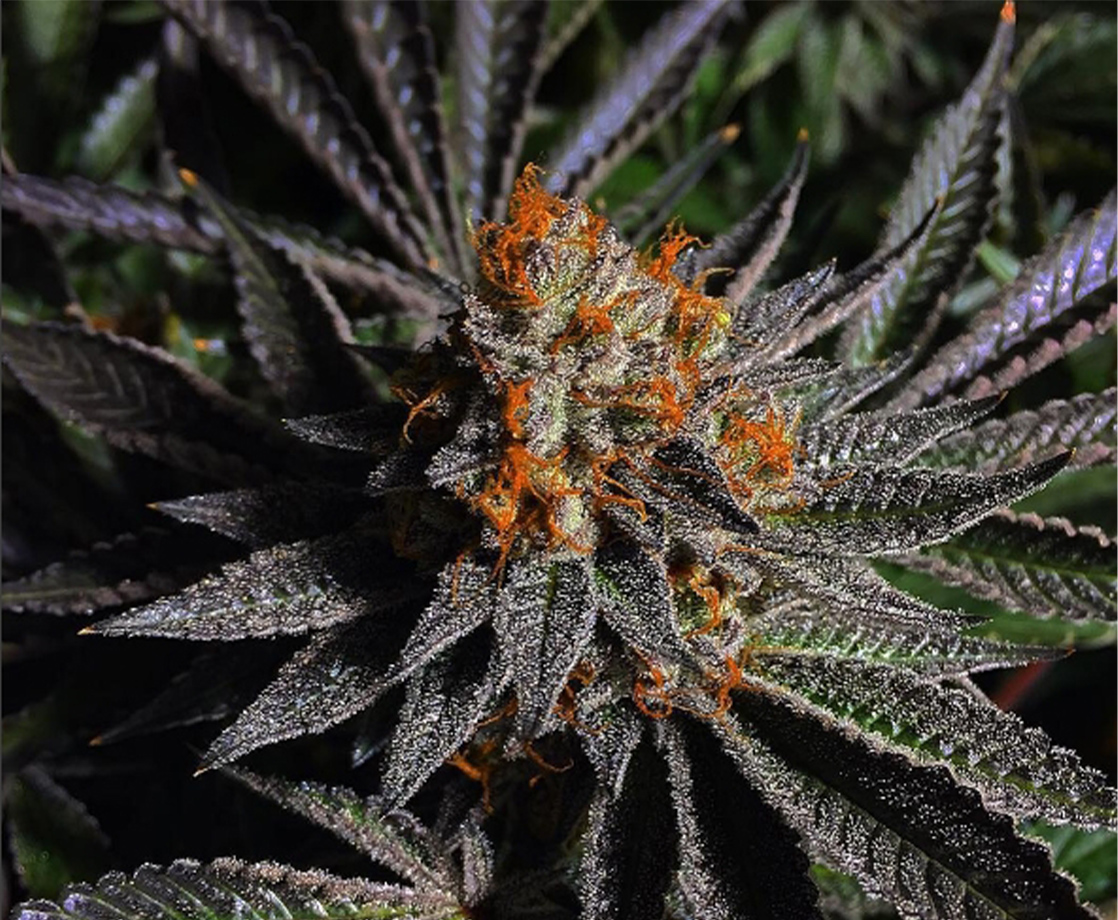As a concession to the many opponents of cannabis legalization across the country, most adult use legalization measures give individual towns and cities the right to “opt out” of the legal pot industry by banning weed businesses from their jurisdictions. Even in seemingly pot-friendly states like California, an overwhelming majority of municipalities have banned cannabis stores, citing fears that these establishments will attract crime, destroy property values, and make it easier for children to buy weed.
Evidence-based scientific research has found that these myths are not only unfounded, but actually completely contrary to the truth. A team of researchers from Leafly conducted a meta-analysis of 42 different studies on the topic, and found that legal pot dispensaries actually improve public health, safety, and property values in the immediate area. Furthermore, rates of teen pot consumption have been falling in states that have legalized adult use.
Leafly reports that as of May 1st, 75% of California jurisdictions, 75% of Nevada counties, 65% of Colorado cities and counties, and 54% of Massachusetts municipalities all ban legal cannabis stores. Washington state is a little more chill, with only 35% of cities and 20% of counties banning pot shops.
Many of these local governments approved these bans based on fears raised by local law enforcement or civilians. In one notable example reported by the Los Angeles Times, Daniel Ding, a resident of Temple City, CA, voiced his fears that legal weed stores would “destroy the city,” inevitably leading to “helicopters overhead, people shooting in the street, maybe prostitutes walking around.”
Dozens of research studies have investigated concerns that legal pot establishments could attract crime, and nearly all of them confirm that these concerns are unfounded. A study looking at street-level crime data from Sacramento, Washington DC, and Los Angeles found that legal pot dispensaries had no impact on local crime rates. Another study from LA found that crime rates actually increased by as much as 24% when the city temporarily shut down hundreds of pot dispensaries.
Even government-funded studies supported by the Centers for Disease Control and Prevention and the Federal Reserve Bank of Philadelphia confirm that legal cannabis businesses do not attract crime.
Legal pot stores have also been found to increase the value of local properties, not decrease them. A recent study in the Contemporary Economic Policy journal found that new pot stores boosted the prices of homes within a half-mile radius by 7.7%, and a 2016 study found that Colorado towns with pot shops had 6% higher property values than similar towns that banned pot stores.
Researchers have also confirmed that teen pot used has either declined or held steady in states that legalized recreational or medical cannabis use. Official reports from Oregon and Colorado have found that teen pot use has stayed the same or decreased since legal adult use stores opened their doors. A recent study in the JAMA Pediatrics journal also found that teen pot use in Washington state has declined since adult use became legal. Even federally-administered surveys are reporting that marijuana use among minors is hitting an all-time low.
In conclusion, the study found that while local cannabis retail bans “are often based on fears about crime, teen use, and property values… research has shown that those fears simply don’t reflect reality.”











